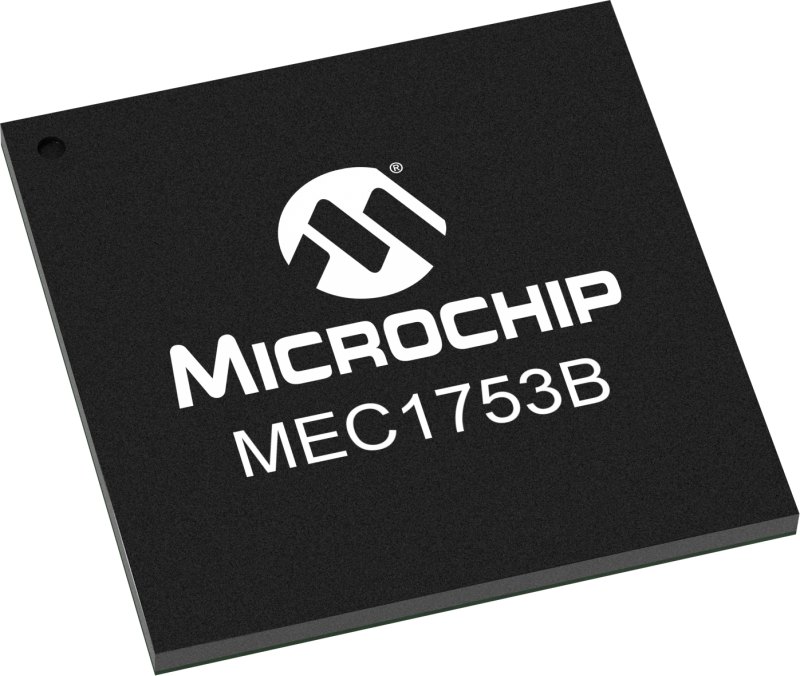Log in to myMicrochip to access tools and benefits. Sign up in just one minute.
Maximize Your Experience: Reap the Personalized Advantages by Completing Your Profile to Its Fullest. Update Here
Stay in the loop with the latest from Microchip. Update your profile while you are at it. Update Here
Complete your profile to access more resources. Update Here
true
Notebook and Desktop Embedded Controllers
Embedded Controllers for Modern Notebooks and Desktops
Featured Products

MEC175xB
Target Applications:
PQC, Low Power, Notebooks and Storage Enclosures
Key Features:
- CNSA 1.0 and 2.0 Post-Quantum Cryptography (PQC) algorithm support, including ML-KEM, ML-DSA and LMS
- Arm® Cortex®-M4F core with Memory Protection Unit (MPU) @ 96 MHz
- eSPI for 1.8V and 3.3V
- Secure boot with hardware Root of Trust (RoT) and Physically Unclonable Function (PUF)
- 480 KB SRAM and 2 KB to 8 KB EEPROM for enhanced data storage
- I3C® host and client Interfaces
- USB 2.0 full-speed interface option

MEC172x
Target Applications:
Low Power, Notebooks and Storage Enclosures
Key Features:
- Advanced cryptographic engine: Supports AES-256, ECDSA, EC_KCDSA, SHA-384 and RSA
- Arm Cortex-M4F core with MPU @ 96 MHz
- eSPI for 1.8V
- Secure boot with hardware RoT and PUF
- 144-ball and 176-ball Very-Very Thin Profile Fine-Pitch Ball Grid Array (WFBGA) packages
- 480 KB SRAM and 2 KB EEPROM for flexible data storage
- Supports ACPI sleep states (S0–S5) and low-power modes
- Secure Flash access control—region-based protection for enhanced security
- Multiple debug interfaces, including trace FIFO, serial debug, Port 80, SWD and JTAG